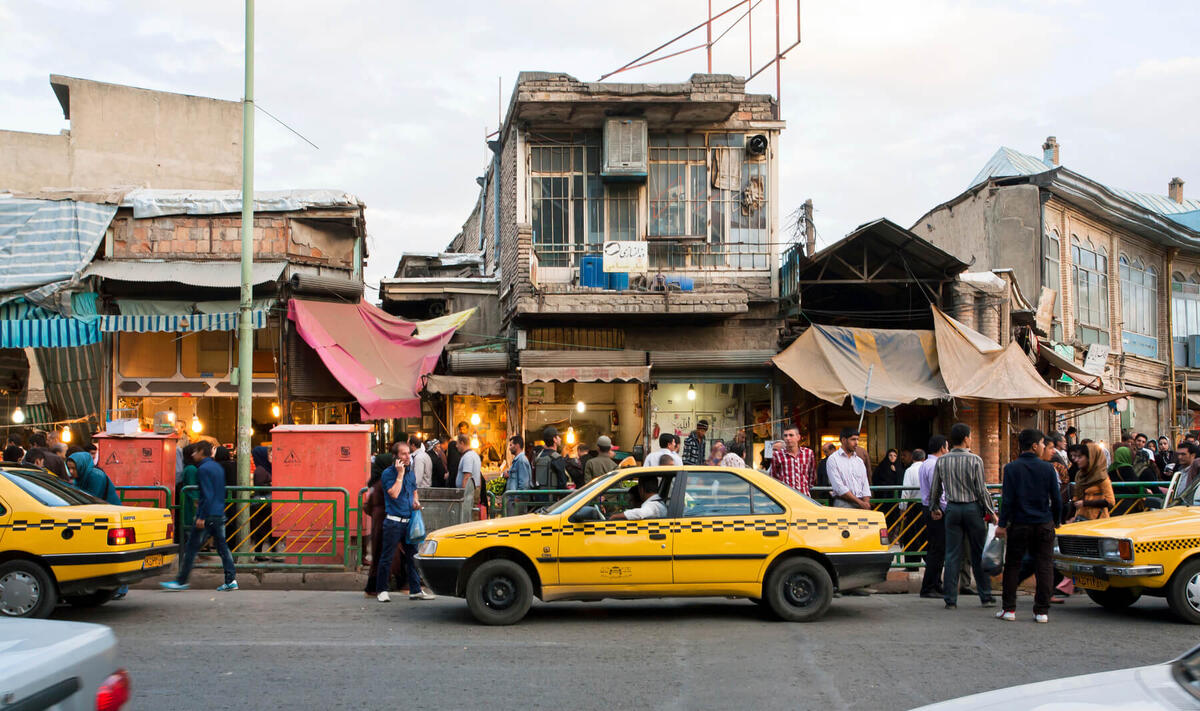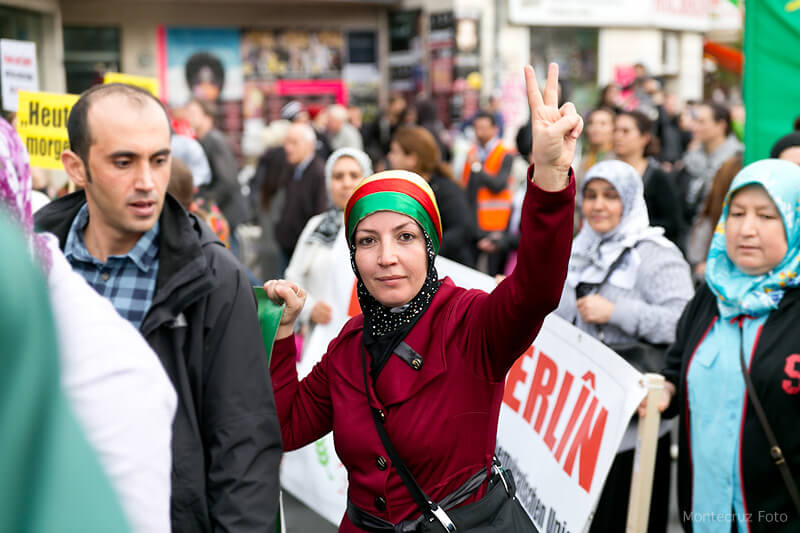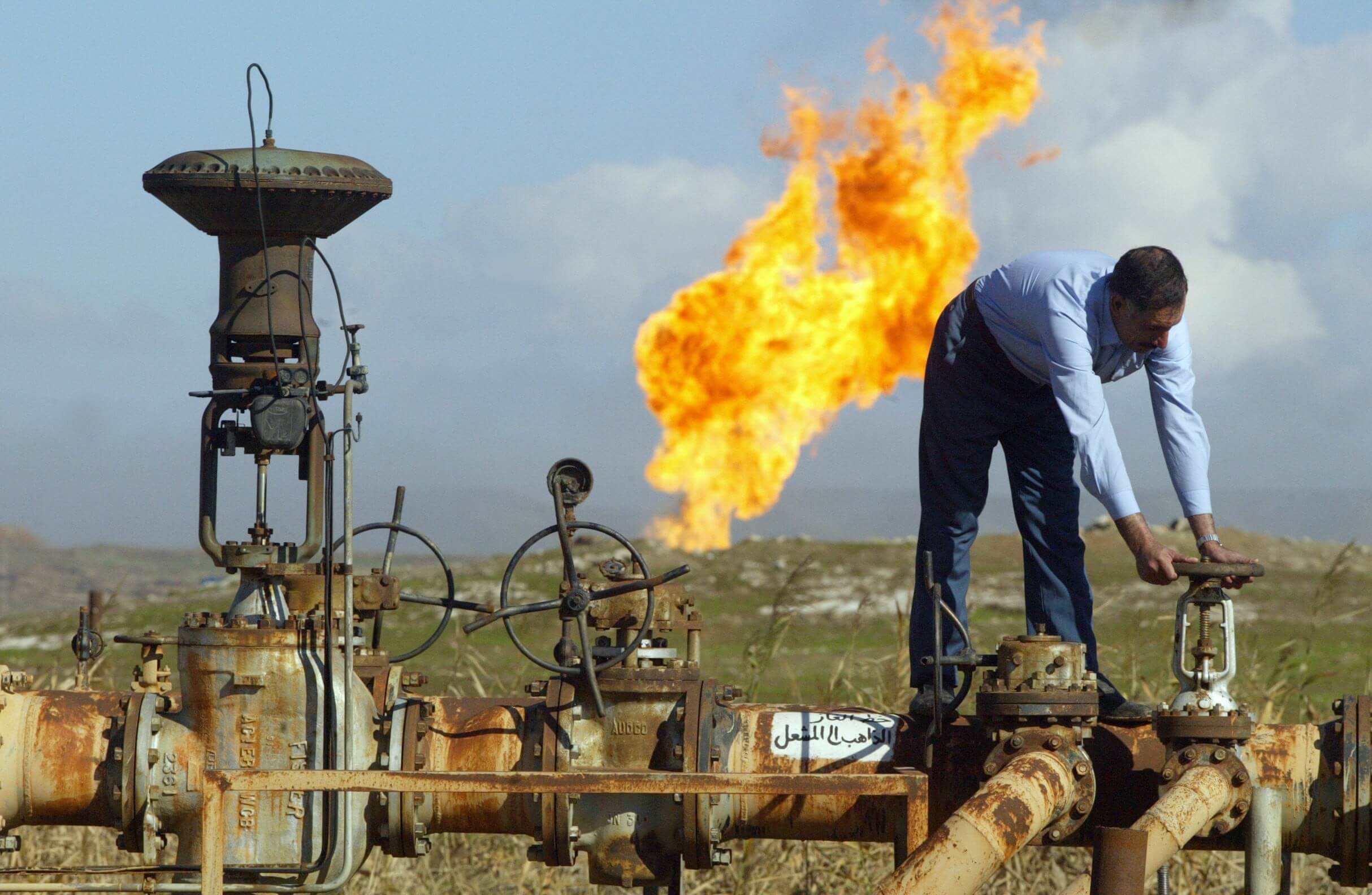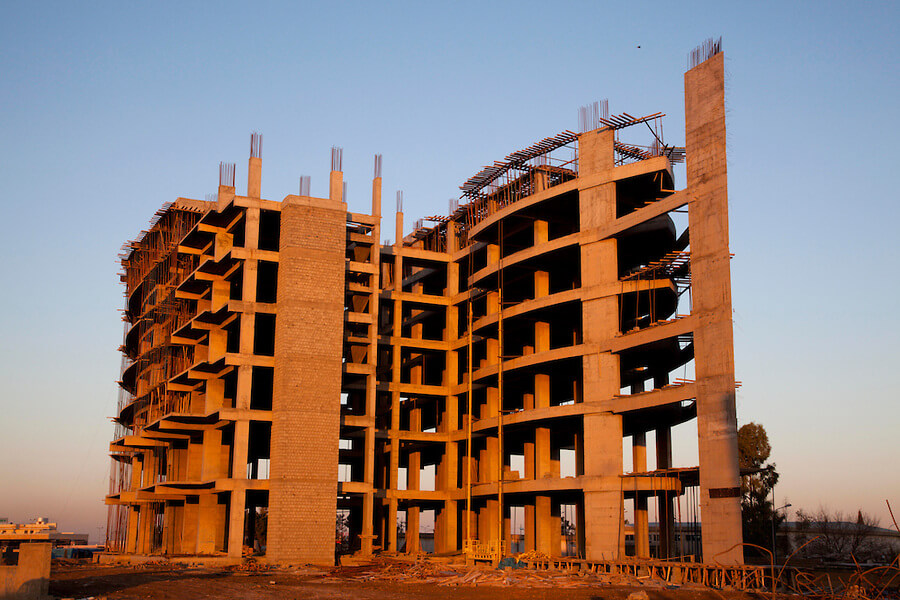Why investing in Kurdistan?


For a number of years following the Kurdish liberation in 1991, there were two separate governments in the Region; one based in Erbil and headed by the Kurdistan Democratic Party (KDP) and one based in Slemani and headed by the Patriotic Union of Kurdistan (PUK). However, in early 2006, the two governments were unified, and the modern Kurdistan Regional Government (KRG) was formed.
The Kurdistan Region is an emerging market offering excellent opportunities with a young and increasingly prosperous population of 5.2 million, the Kurdistan Region covers about 40,000 square kilometres , around the same size as the Netherlands or Switzerland.
An expected 8% growth rate, giant investment projects, and sound economic policies have ensured that the wind is blowing on the side of the Kurdistan Region economy. The Kurdistan Region’s growth rate was 8% in 2013 and just under 5 percent in 2014. The Region as a whole has a GDP of over $23.6 billion, with per capita income standing at $4.452.
Approximately 55% of all investment in Iraq is taking place in the Kurdistan Region.
One of the priorities for that government was to create a legal foundation that could attract investments. A task force was implemented to identify the shortages or vulnerabilities in the investment climate (excluding the oil and gas sector), as well as the steps that could be taken to rectify those deficiencies. It was determined that a new law was needed to encourage more private sector participation and that a new physical institution was needed to oversee this development.

The mission statement of the new organization was simple: create new opportunities, provide professional services to investors, and work to rebuild all of Iraq through the Kurdistan Region. KRG Investment Law, Article 5: “A Project shall be exempt from all non-custom taxes and duties for 10 years starting from the date of providing services by the Project, or the date of actual production.”
Developing the Framework
The 2006 Investment Law remains one of the most important factors in the rapid economic growth that has been achieved over the last decade. The law stipulates that foreign investors can repatriate their profits in full, are equally treated under the law, are entitled to all the capital of any project, and enjoy the same rights as local investors to purchase and own land. In addition to these protections for foreign investors, the law establishes additional tax incentives and benefits to encourage foreign investment.
Abundant oil and gas resources, which the Kurdistan Regional Government is developing through production sharing contracts with many international companies. Attractive investment opportunities in agriculture, banking, communication, construction, education & training, energy, healthcare, professional services, oil & gas and tourism.
Trade Expansion
In the first quarter of 2013, more projects were underway in Kurdistan than were completed in all of 2012. Since 2006, over $14 billion worth of foreign direct investment has flowed into the Kurdistan Region. In 2012 alone, foreign companies invested around $5 billion into the economy of Kurdistan. Additionally, official figures indicate that there are currently 15,000 local companies and 2,300 foreign companies from 78 countries registered in the Kurdistan Region.
In terms of trade and investment, Turkish companies are top of the list. Approximately 80 percent of all goods sold in the Kurdistan Region are made in Turkey.
Iran also represents a critical trade partner for the Region, with the value of bilateral trade between the two sides estimated at $4 billion for the current year.The majority of items imported from Iran are food products, furniture, and carpets.
Kurdistan’s other leading trade partners in the Middle East are Lebanon and Egypt. In Europe, Germany stands as the Region’s strongest trade partner, although the KRG has also signed trade agreements with Italy, Poland, and the Czech Republic.

Sector Analysis
Energy
The Kurdistan Regional Government is increasing electrical energy output through foreign assistance and private investment projects and as a result, electricity capacity continues to grow. The Kurdish provinces of Erbil, Sulaimaniye and Dohuk are the highest rated provinces for supplying electricity in Iraq. The provinces meet from 83% to 99% of demand.
Oil, Gas & Minerals
Iraq has the third largest oil reserves worldwide, with one of lowest extraction costs. Based on seismic surveys, the proven oil reserves of Iraq are estimated at 115 billion barrels, the unproven ones could amount 160 to 200 billion barrels even 350 billion barrels, what would make Iraq the largest oil reserve in the world, “Iraq is sitting on a lake of oil.”
Investment Opportunities
Infrastructure: the Region needs oil and gas infrastructures in order to exploit Iraqi oil.
Petrochemical industry: with the development of oil by products industry, petrochemical industry may arise in the future.
Gas: investment opportunities in gas sector are manifold as the sector is not developed.
- Infrastructure: There is a great need for infrastructure to handle the gas and export it (refineries, factories, pipelines,…)
- Training: foreign teachers could teach in universities in the region and also train local teachers. Specific training centres should be open to better train the local workforce.

Housing & Construction: the roads are in poor condition. There is a great need for foreign companies to rehabilitate them, especially since 2020, the Ministry of Housing and Construction wants to have two-lane roads for all of Kurdistan. For this, the KRG needs of recognized companies in the field, skilled technicians and equipment of good quality.
As a result of a favorable investment law, a developing private sector, a forward thinking government, and a strong security environment, the Kurdistan Region continues to register impressive economic growth and now seeks to assert itself as a new investment hub in the Middle East. In the past decade KR has been seen as a deprived and isolated area, but now it opened itself to the world and a variety of significant developments have facilitated this successful growth pattern.
Fonte: a cura di Exportiamo, di Morvarid Mahmoodabadi, redazione@exportiamo.it
© RIPRODUZIONE RISERVATA